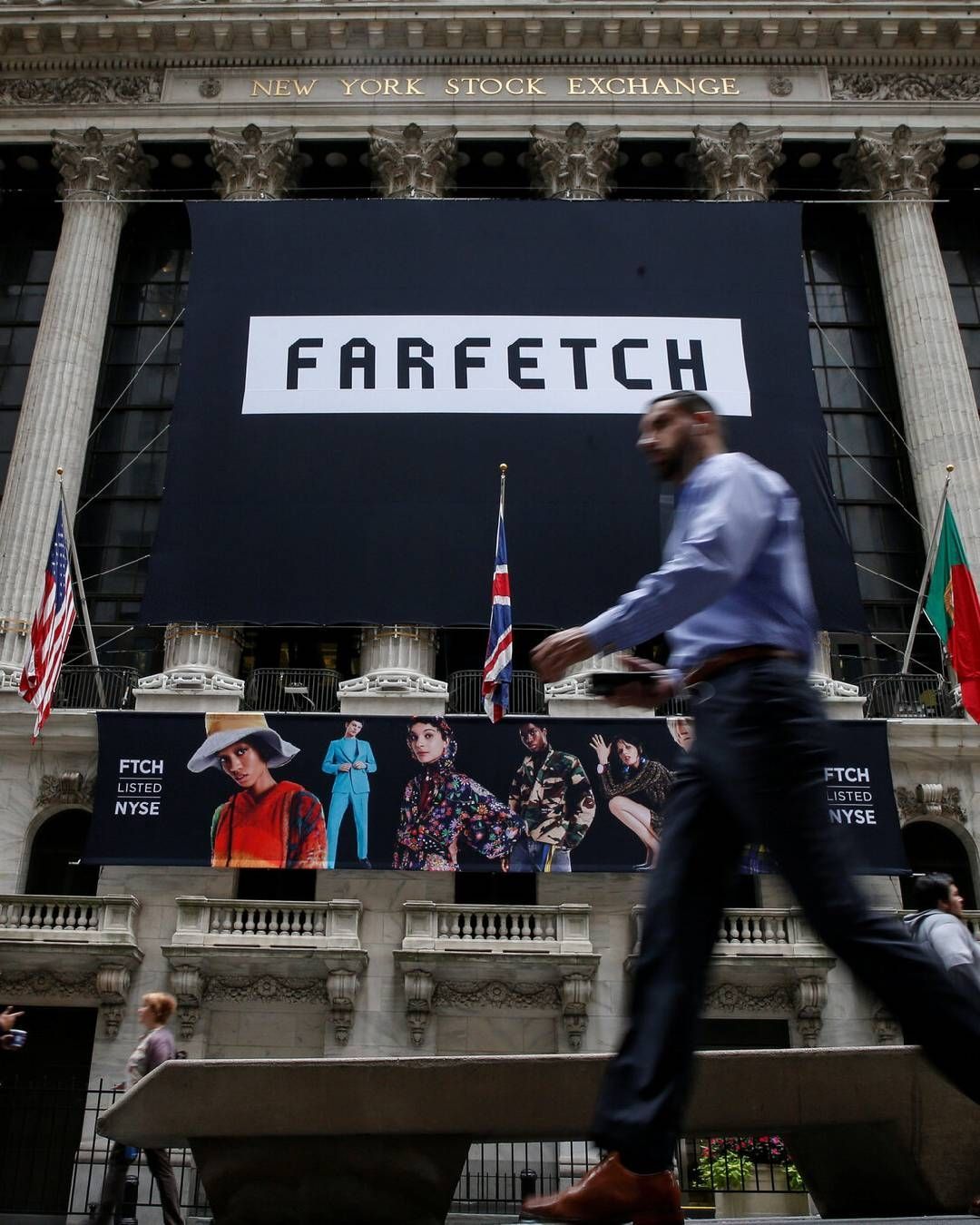
Farfetch and ASOS have entered a financial crisis The two retail giants register record losses
During the past 12 months, UK online retail giant ASOS has experienced severe declines in turnover, as a result of inflation, buying errors and unexpected temperature swings, according to company administrators. The news comes just one year after the 2022 crisis and represent a declining trend for the London-based company. Is this the end of ASOS? This November, the company stated to have lost more than £300 million in 2023 and anticipated further sales declines of between 5 and 15 per cent in the coming year, while forecasting growth in 2025. In response to these figures, investors began to turn their backs on the company, causing ASOS's share value to fall 11% on the stock exchange.
ASOS reached the peak of its success between 2015 and 2019 by selling trendy clothes and accessories online, which, however, belonged to mainly fast fashion brands. Attracting the attention of young people because of its quick and convenient shopping method, it soon became one of the most popular teen brands in the West. Just like ASOS, Topshop ( which it acquired in 2021 ) Missguided, Forever 21, Cheap Monday, Urban Outfitters and Abercrombie & Fitch have provided fashionable looks to entire generations of teenagers, but all these big names, except Urban Outfitters, are now in crisis. Coupled with the rise of platforms like Depop, Vinted and Shein, the traction that vintage is having on younger consumers and a growing interest in the environment, it is the beginning of the end for teen brands like ASOS and the like.
While, after Thursday's collapse, the market value of ASOS has returned to previous levels - albeit a tenth of what it used to be two years ago - the stock exchange is witnessing another crisis in the retail world. Farfetch has seen a 97% loss in market value over the past two years and has been accused of omission and false information to the detriment of its investors. Founded in 2008 as one of the first digital retailers, Farfetch's unstoppable success took a nasty blow just over a year after the announcement of the acquisition of 47.5% of Yoox Net-a-Porter, its biggest rival, finding itself having to deal with a shredded portfolio and several lawsuits. As BoF founder and CEO Imran Amed explained, « when you start stitching together so many disparate pieces you end up with a patchwork quilt that nobody understands. »
@farfetch New-era gothic beckons to the dark side this season, with structural accessories and expressive leather textures from #Blumarine, #Coperni and #Mugler son original - FYP
Faced with the collapse of online retail such as Farfetch and teen brands such as Cheap Monday and Forever 21, one has to wonder whether ASOS, too, is now on its last legs. According to the company's CEO, José Antonio Ramos Calamonte, the first step in healing turnover losses will be «to optimise costs.» The second distribution centre in the UK will be closed, the brand selection will change, more items will be offered for less than ten pounds, and investment will be made in campaigns aimed at « getting back in fashion. »















































